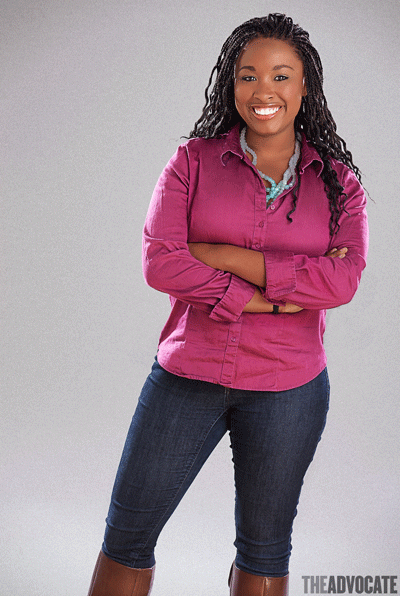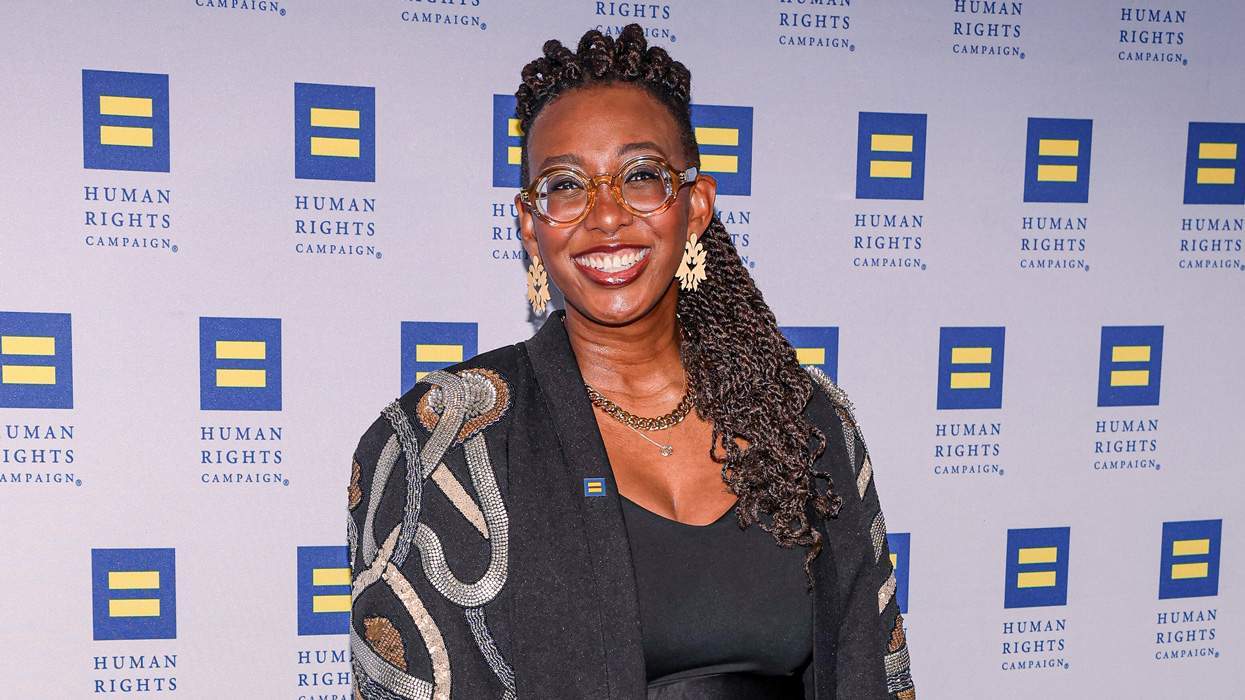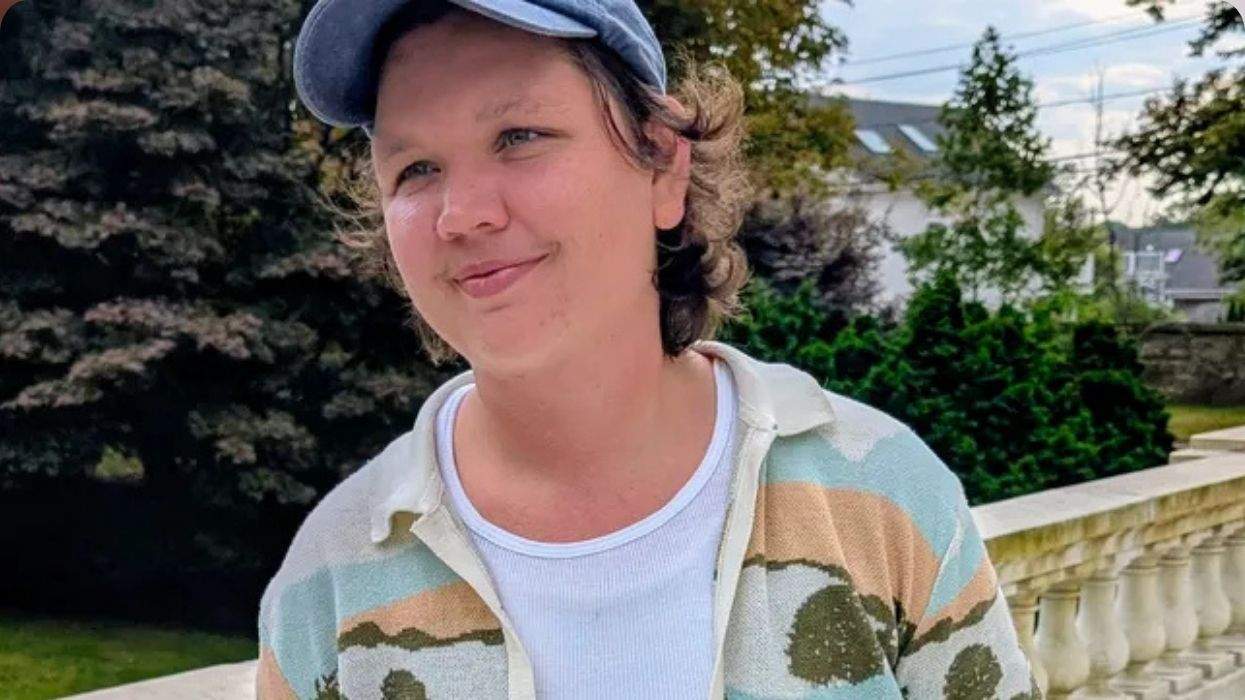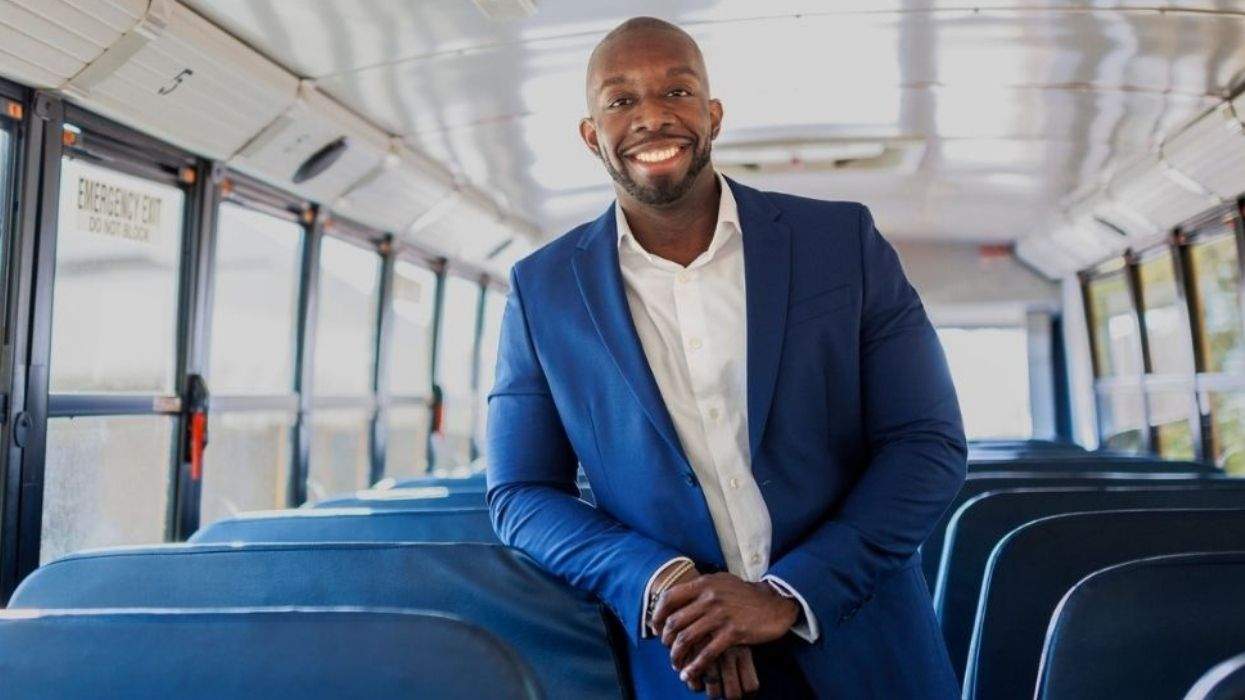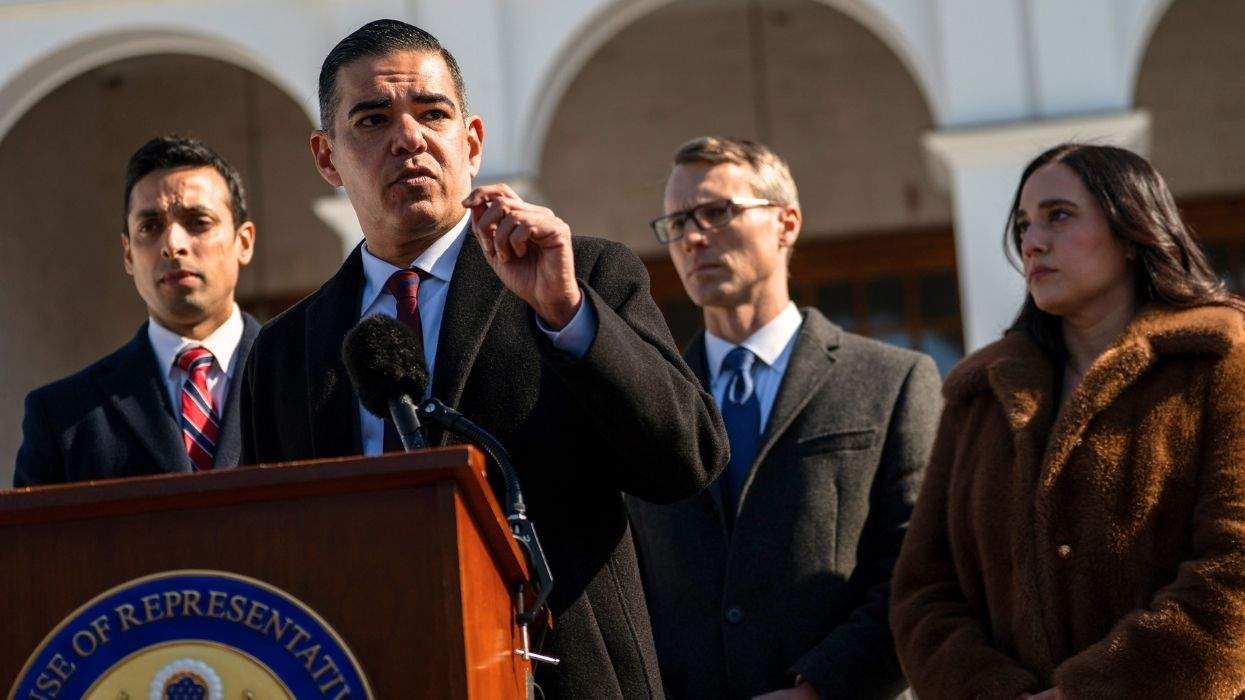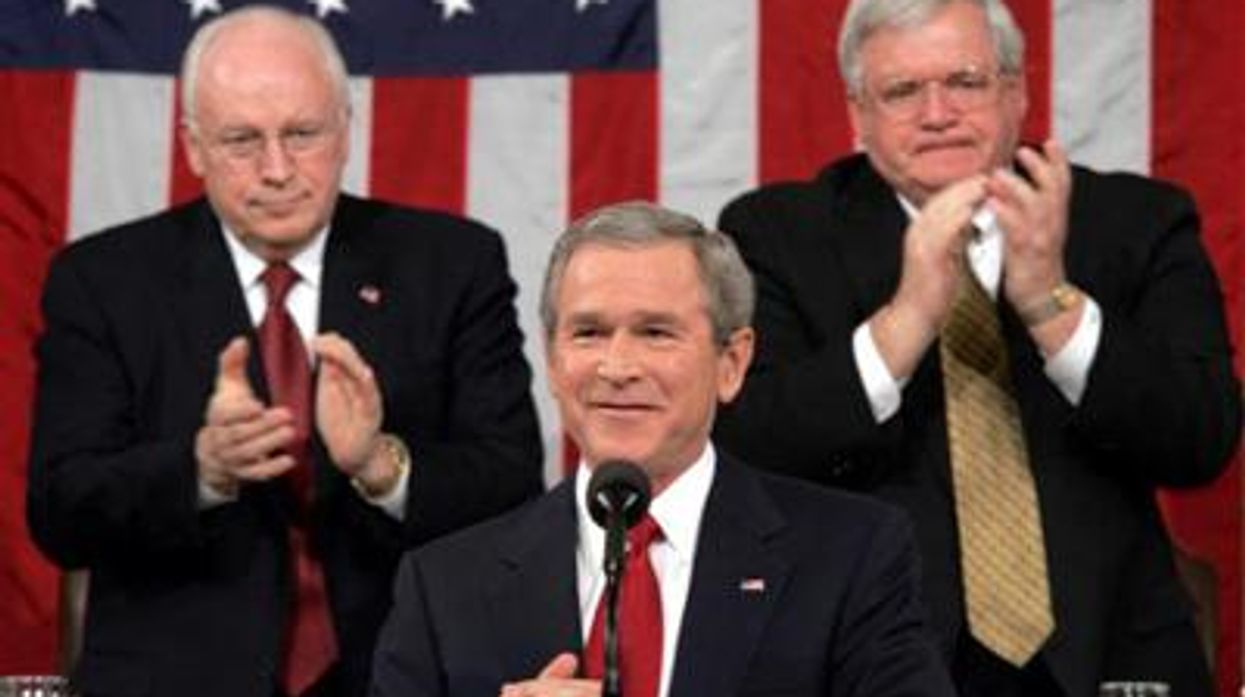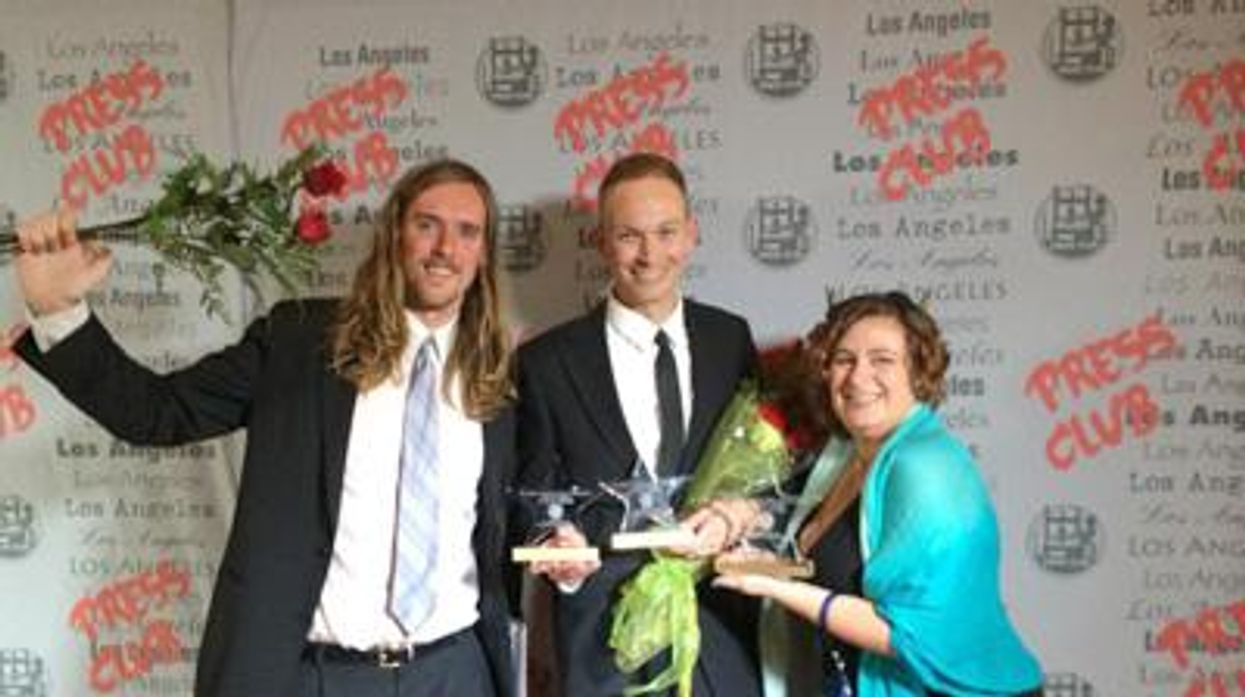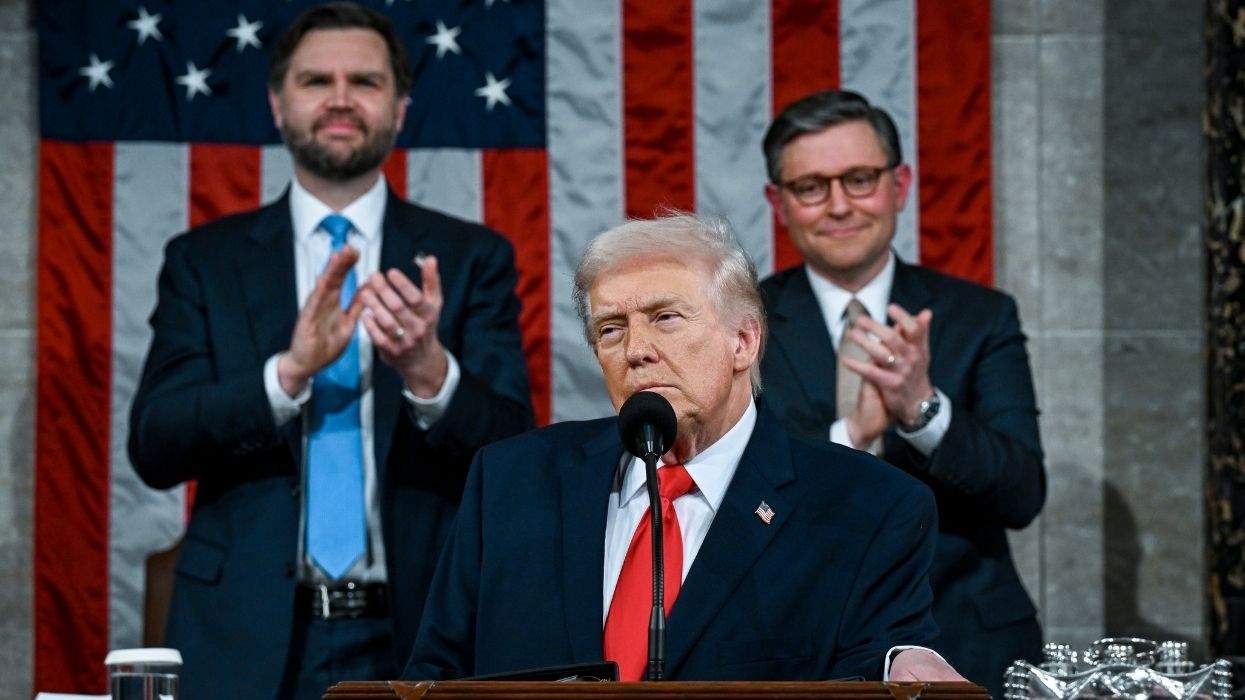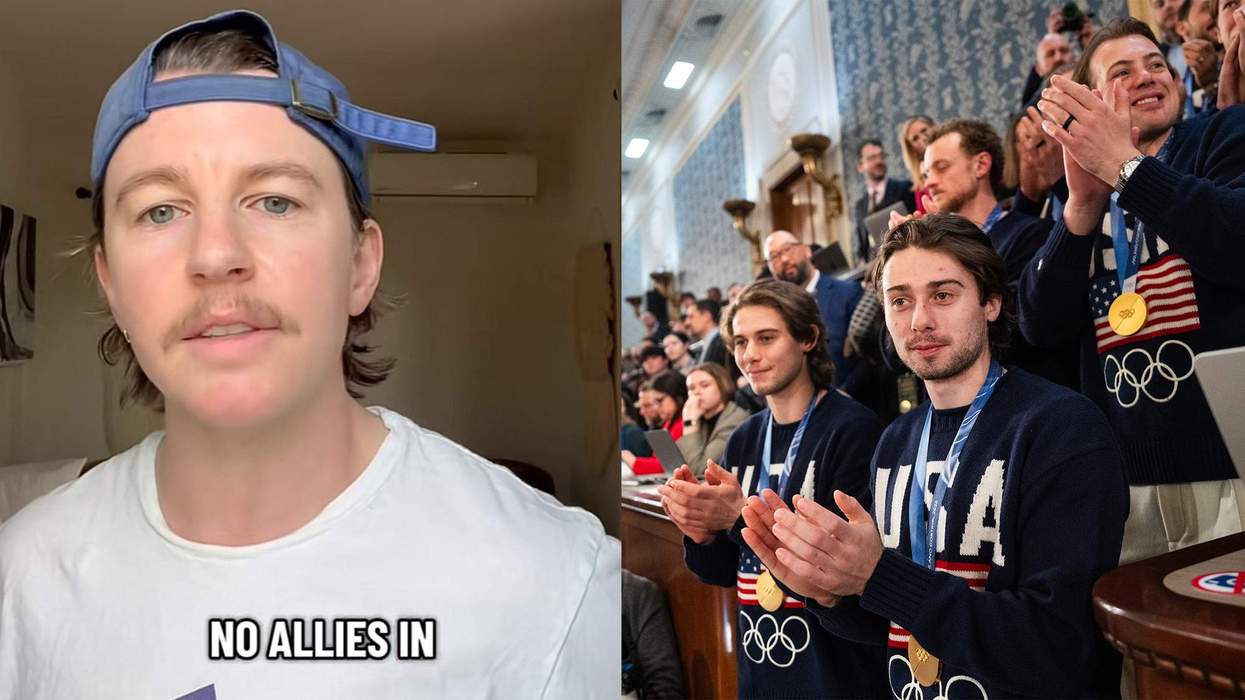I joined my high school track team because I was too short to play basketball and I liked the idea of being an athlete. I was and still am naturally pretty athletic, but I was a city kid who played street ball. We moved to the suburbs, where my peers had been on traveling teams and went to hoity-toity tennis camps before the umbillical cord had been cut. So no, I couldn't make the basketball squad, no matter how many times I'd try. But I could run in a straight line and sometimes in a circle, so I became a sprinter.
Right after the final track meet of the year, my high school track team holds its annual senior day. When I was a freshman in high school, I attended my first senior day, honoring an impeccable, nationally ranked squad of young women, many of whom went on to run on top college teams. Until that day, I had essentially floundered around my first year, failing at racewalk and then sprinting the shortest distances I could attempt. That same attitude was reflected in my academics, even though I was a pretty smart kid. But these seniors struck a chord for me. I realized I could push myself to be amazing at anything. Suddenly, I wanted to be great. And the women around me helped form my backbone.
Those young women and the runners who came after them were like my extended family. All one hundred-freaking-twenty of them.
When Sachem girls' track and field team entered the Armory in New York or Stony Brook University's track or even Brown University for its annual invitational, we created an enormous sea of black and gold. Other teams rolled their eyes at our squad of 20 shot-putters and six 4x100-meter teams. Sure, we experienced spats and drama and losses (yes, there is scoring in track & field), but in the end we spent four years together, and our four coaches shaped us.
By the time I was a senior, I planned to run in college, but I didn't know it just wouldn't be the same. I didn't know I would miss my team so much. I would miss running in our sports bras on 90-degree days, our head coach's notoriously corny jokes, hurdling practice in the snow, making fun of the boys' track team, and gossiping about anything and everything on bumpy bus rides to meets.
When it was my turn to say goodbye on my senior day, I started talking about how being on that team changed my life. It made me a more confident woman, gave me goals, and encouraged me to be responsible as a team captain. I made good friends; this was key because track was one of the few things I was really allowed to do outside of schoolwork. It was the nexus of my social life. And of course the track team's scholar-athetes consistently had the best grades -- it takes a special kind of nerd to run for fun.
That evening in the library-turned-event space -- where else would we be? Remember, we're nerds -- I stood there before my coaches and my teammates and cried as I said goodbye to the girls in the room. At 17, I had felt the power of what being on a team can do and how it can change a person.
This week Nike launched its #BeTrue line of apparel, celebrating the diversity of all types of athletes around the globe, especially LGBT athletes and sports fans. As the company says in its mission statement, "If you have a body, then you're an athlete." I honestly believe that every kid should experience the feeling of being an athlete on a team, whether it's dance or football. Or both.
It's about learning camaraderie and willingness to work hard and sacrifice to succeed with the weight of something bigger than yourself on your shoulders. And the confidence you feel knowing that a squad of people have your back, knowing that you can do things with your body and your mind that other people can not.
LGBT kids can especially benefit from experiences like this. Studies have shown that children who play sports grow up to be more confident leaders. As powerful as the LGBT rights movement can be and has been, there is still an alarming amount of discord within. I wonder if more of us felt comfortable playing team sports as kids, would have as many issues with strategy focus, bi invisibility, transgender inclusion, and lesbian separatists? Perhaps, but perhaps not.
I sat in on a session of LGBT and allied college athletes who were conjuring up a project they could accomplish that would help end homophobia within NCAA sports. As I watched them, I saw young people from schools across the country collaborating easily. The young women just as assertive as young men, which doesn't always happen in classrooms, and the lack of it contributes to gender inequality there. This led me to remember the students who have ended their lives in recent years after struggling to feel accepted in school or at home. Imagine if more of those kids had been on a team, if their schools had environments that allowed them to feel comfortable being on a team. Maybe they would have had the strength to face a hostile home environment because they knew they had a bench full of allies somewhere in their lives.
Cory Oskam is a shining example of the influences that sports can have on a young person. Oskam is a 16-year-old Canadian kid who, naturally, loves hockey. And he happens to be transgender. He was the only high school athlete at the summit, and his spirit was truly captivating. The power that sports has had on his life is undeniable; he chose the name Cory after coming out as male, as an homage to his favorite goalie, Cory Schneider of the Vancouver Canucks. In a tough sport like hockey, Oskam has thrived. You can see the effect it has had on him when he flirts with college attendees and takes charge confidently when his group has to make a presentation to the rest of the summit's attendees.
We're working on marriage equality and workplace discrimination, but sports are a part of the LGBT rights movement too. According to a Gay, Lesbian, and Straight Education Network study released in February, LGBT kids aren't as likely as others to play sports or even participate in physical education classes, often because they don't feel welcome in those environments. However, our children -- and we adults -- have an inalienable right to run, jump, swim, throw, cheer, dunk, tackle, compete, and win.
MICHELLE GARCIA is The Advocate's commentary editor. She lives in Los Angeles.
